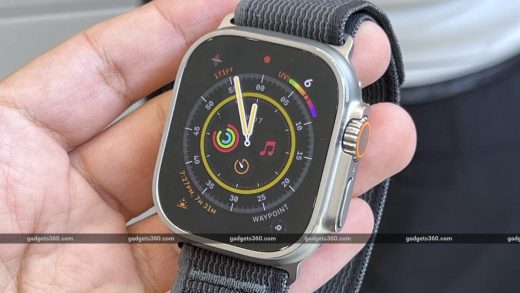
WhatsApp was said to be working to bring usernames to the app earlier this year. The beta version of the popular messaging platform on Android was spotted with a feature that would allow users to set a username for their profile. The Meta-owned app is now working on a new feature that will allow searching for other users on the app by their username. The feature is reportedly under development for a future update of the app on Android devices.
According to WhatsApp feature tracker WABetaInfo, the messaging app is refining usernames feature so that WhatsApp users could look up other people on the app by searching their username. Similar to a search by username feature on Telegram, this new WhatsApp update could potentially let users communicate with strangers without sharing their phone number.
The WABetaInfo report said that the feature would roll out on WhatsApp version 2.23.25.19 update through the Google Play Beta Program. It also included a screenshot of the app, where one can see the search bar that allows to search for users via name, username or number. This feature would make communications more private on WhatsApp as users would no longer need to share their number to start a new chat on the app. Users can also chose to set up a unique username, change it, or remove it altogether.
The ability to search users by username will be rolled out as part of a future update. No other details about the feature or its release are available yet.
Last month, WhatsApp was also reported to be working on channel usernames that would allow channel subscribers to enter the username to open the channel. In October, the app was also seen working on a new username picker on WhatsApp beta for iOS 2.23.20.71. According to the report, setting a unique username, which will accept alphabets, numbers and some special characters, will be optional.
WhatsApp has been working on features that boost privacy on the messaging app. More recently, it rolled out a new Secret Code feature for locked chats, allowing users to hide their sensitive conversations behind a code. Locked chats already protect selected conversations using the device PIN or passcode, or by scanning the user’s face or fingerprint.


